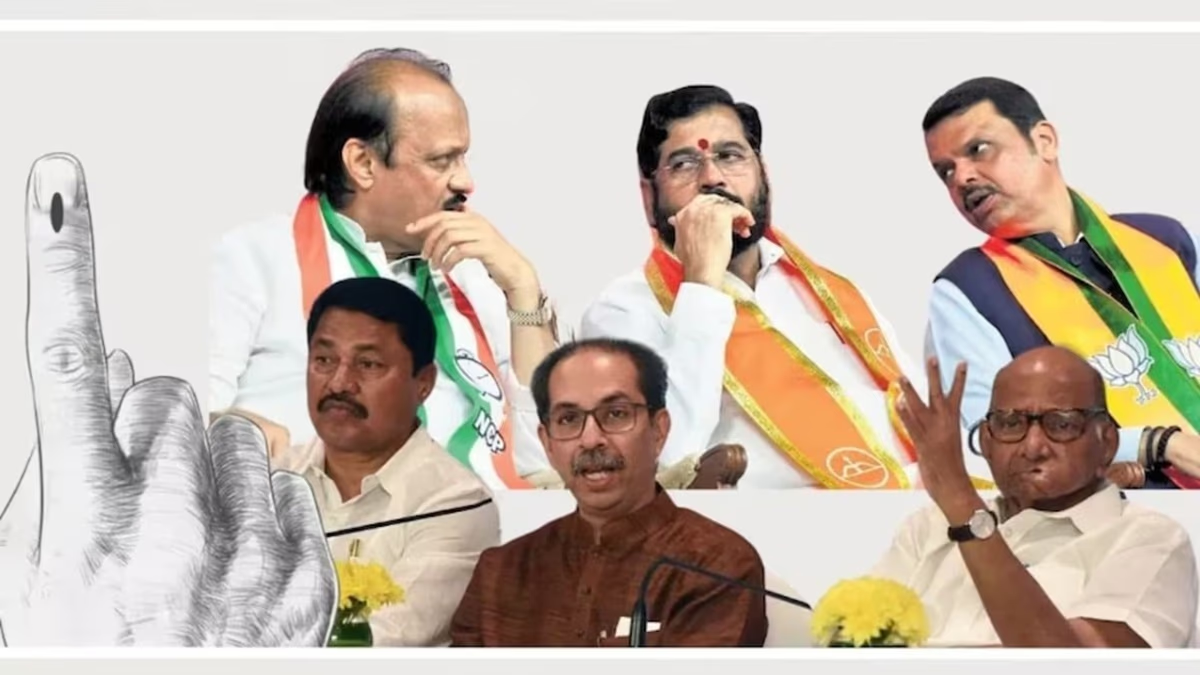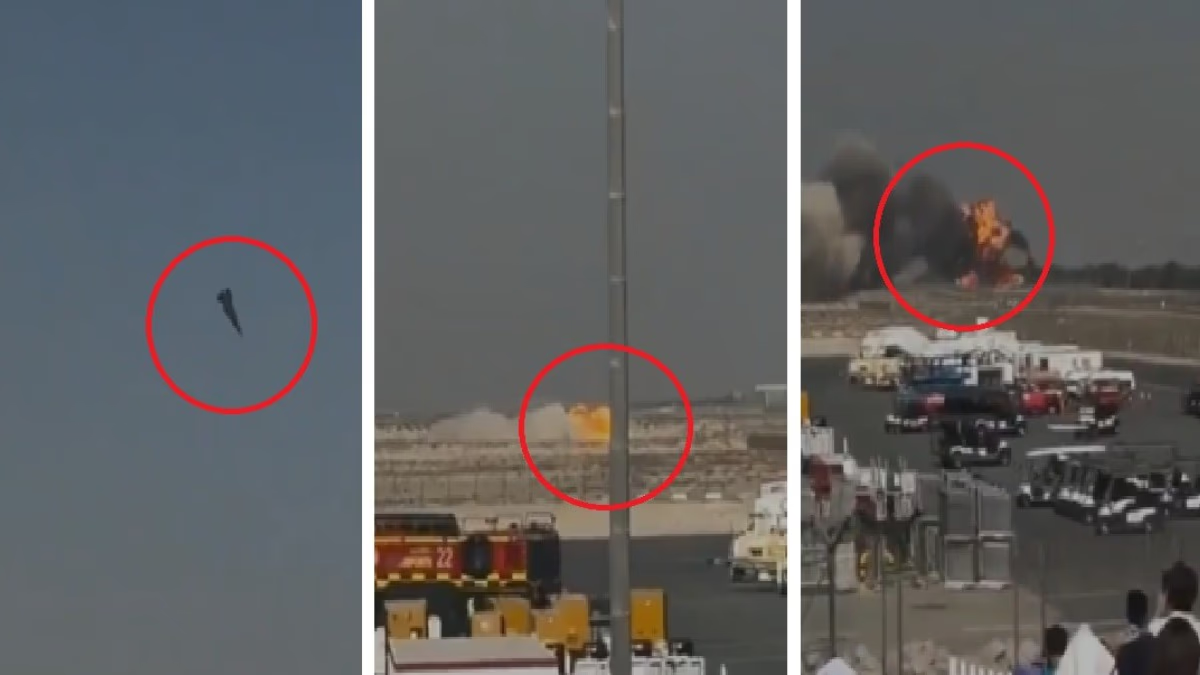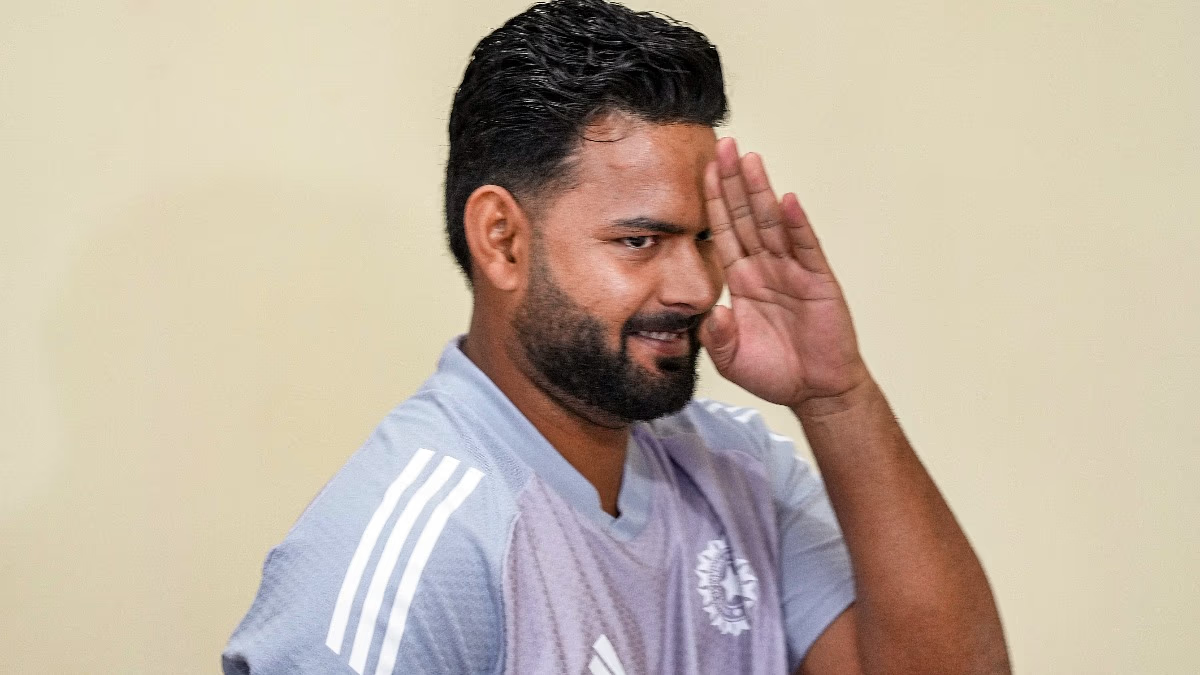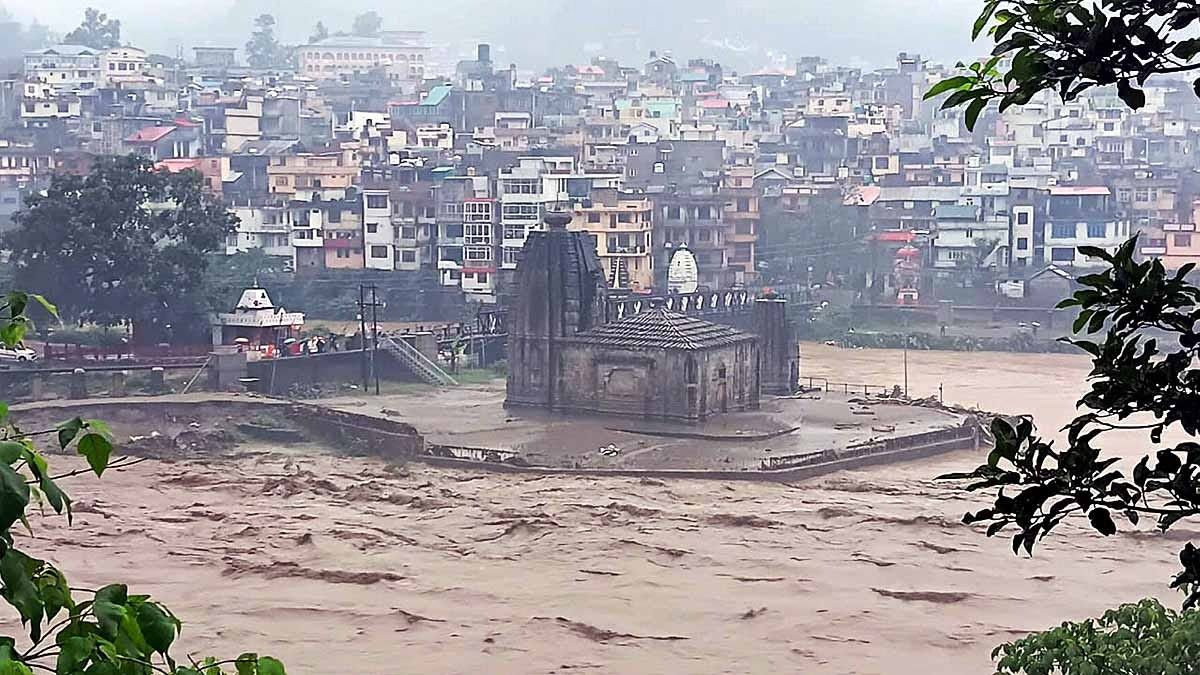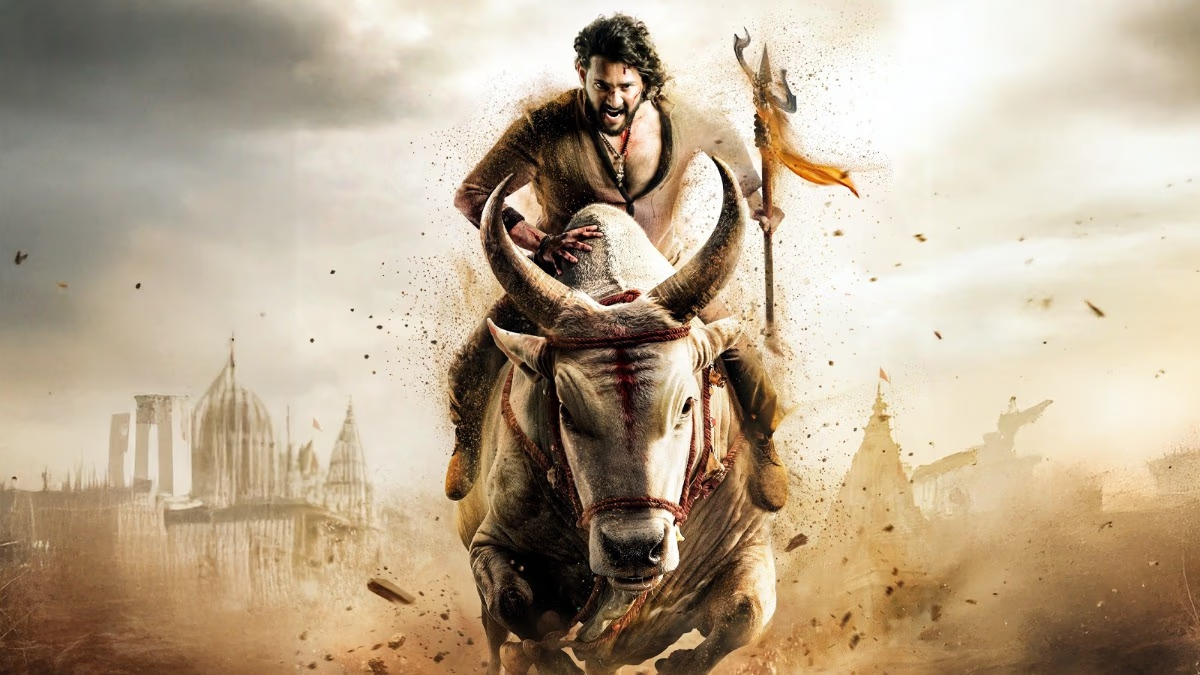The campaigning for Maharashtra's 288 assembly seats has concluded on Monday. The ruling Mahayuti alliance, confident in retaining its position, faces strong competition from the Maha Vikas Aghadi (MVA) alliance, which hopes for a notable comeback. Voting is scheduled for November 20, with the results announced on November 23.
Key Leaders in the Spotlight
During the election campaigns, notable leaders like Prime Minister Narendra Modi, Home Minister Amit Shah, Rahul Gandhi, and Priyanka Gandhi toured the state, rallying support for their candidates.
The Mahayuti vs. MVA Battle
The Mahayuti alliance consists of the BJP, Shiv Sena led by Chief Minister Eknath Shinde, and NCP led by Deputy Chief Minister Ajit Pawar. Mahayuti is leaning on popular schemes like "Majhi Behan, Majhi Ladki" to win women's support, while the BJP employs slogans like "Bategi Toh Kategi" to attract voters.
The MVA, on the other hand, comprises Congress, Shiv Sena (UBT), and NCP (Sharad Pawar). They accuse the state government of corruption and mismanagement.
To counter the ruling coalition's narrative, the MVA focuses on issues like caste-based census, social justice, and protecting the constitution, aiming to win over voters who feel neglected by the government.
On the eve of elections, the BJP launched an attack against the opposition MVA with their "Say No to Congress" campaign, highlighting past events including the 26/11 Mumbai terrorist attacks and the murders of monks in Palghar.
BJP is contesting 149 seats, Shiv Sena on 81, while Ajit Pawar's NCP is fielding candidates in 59 seats.
Congress has 101 candidates, Shiv Sena (UBT) 95, and NCP (SP) 86. Smaller parties, including BSP and AIMIM, are also in the fray, with BSP fielding 237 candidates and AIMIM 17.
How This Election Differs from 2019
The number of candidates has surged by 28 percent compared to the 2019 assembly elections. This year, 4,136 candidates are vying for roles, while in 2019, there were 3,239. Among them, 2,086 are independent candidates. The electorate has seen an increase with 9,63,69,410 registered voters, up from 8,94,46,211 in 2019, adding 69,23,199 new voters. Approximately six lakh state government employees will be involved in election duties.
